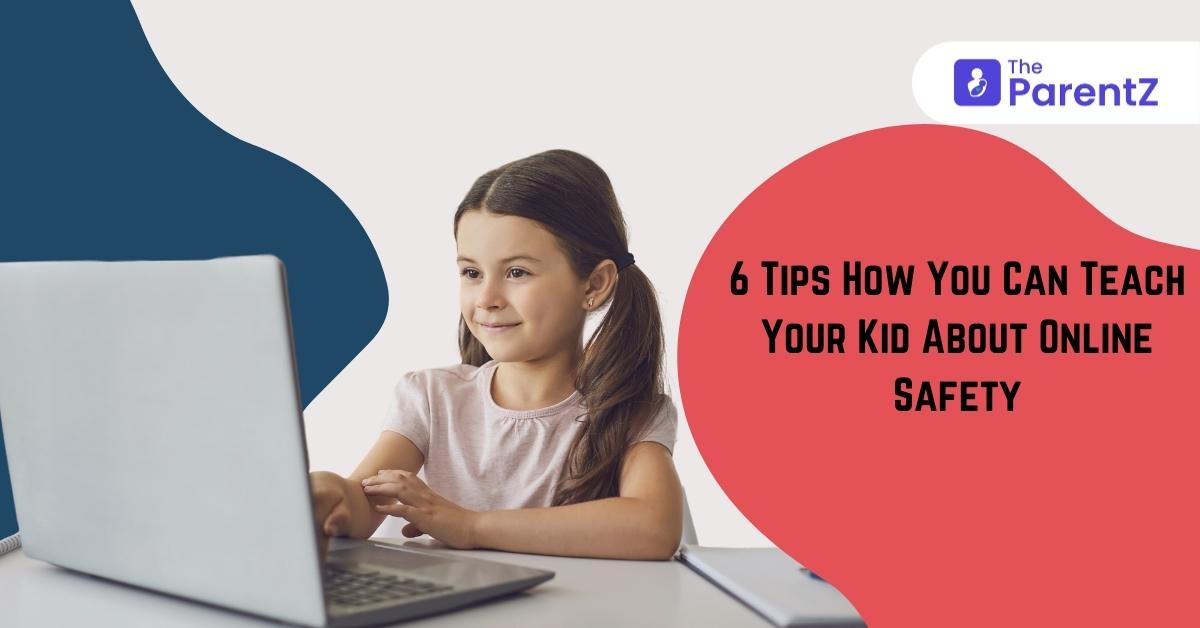In today’s digital age, where technology has become an integral part of our lives, teaching children about online safety assumes utmost significance. Equipping them with necessary knowledge and skills to navigate the online world safely stands crucial in ensuring their well-being and shielding them from potential dangers. This article explores effective strategies for educating children about online safety, fostering digital resilience in an ever-evolving virtual landscape.
Understanding the Risks
It’s essential to help kids understand the dangers associated with the digital world before you can start teaching them about internet safety. Children must be educated about potential dangers include cyberbullying, online predators, identity theft, and exposure to objectionable material. By explaining these risks in an age-appropriate manner, children can develop a sense of caution and recognize situations that may prove detrimental. Encouraging open communication and addressing their concerns will also contribute to a stronger foundation of trust and transparency.
Establishing Guidelines and Boundaries
Setting clear guidelines and boundaries assumes paramount importance in ensuring children’s online safety. Establish rules regarding time spent online, appropriate websites and applications, and the sharing of personal information. It is crucial to emphasize privacy and the potential consequences of oversharing. By involving children in creating these rules, they feel a sense of ownership and responsibility, fostering a proactive approach to online safety.
Building Strong Password Habits
Teaching children about the significance of strong passwords stands as a vital component of online safety. Explain the importance of using unique, complex passwords for different online accounts and the potential risks of using easily guessable passwords. Encourage the use of password managers as a secure means of storing and generating strong passwords. By instilling these habits early on, children develop an understanding of the importance of protecting their personal information online.
Recognizing Phishing and Scams
Children need education regarding the dangers of phishing and online scams. They should learn to recognize suspicious emails, messages, or pop-ups that aim to gather personal information or deceive them into clicking malicious links. The significance of verifying the authenticity of requests for personal or financial information should be emphasized, along with encouraging them to seek assistance from a trusted adult if unsure. Equipping children with this knowledge reduces their vulnerability to online scams.
Promoting Responsible Social Media Use
With the increasing popularity of social media platforms, teaching children about responsible usage is crucial. Encourage them to think before sharing or posting anything online and stress the importance of treating others with kindness and respect. Discuss the concept of digital footprints and how their online activities can have long-lasting consequences. Teaching children about privacy settings and the significance of limiting their online presence can help protect them from potential dangers and safeguard their digital reputation.
Emphasizing Online Etiquette and Critical Thinking
Teach children about the importance of online etiquette and critical thinking skills. Encourage them to think critically about the information they come across online, verifying sources and questioning the credibility of content. Emphasize the significance of respectful communication in online interactions, highlighting the potential impact of their words on others. By fostering these skills, children become more discerning consumers of online content and develop the ability to navigate the digital world responsibly.





Be the first one to comment on this story.